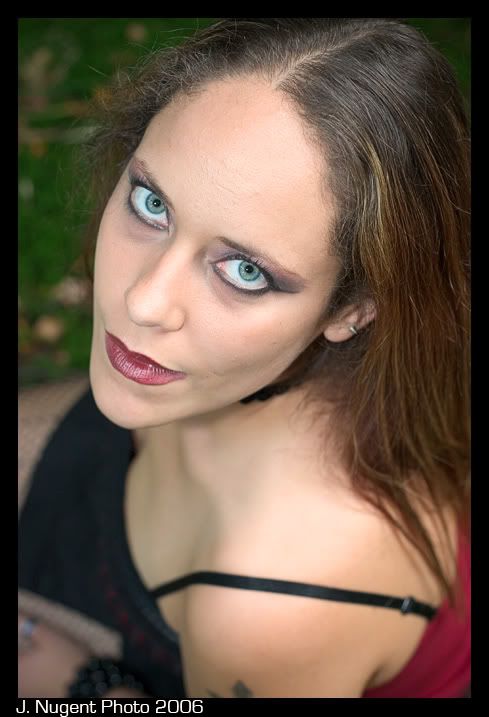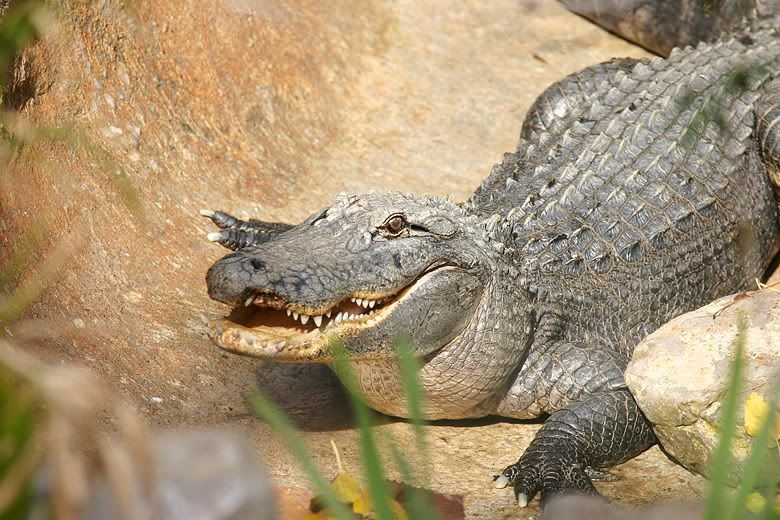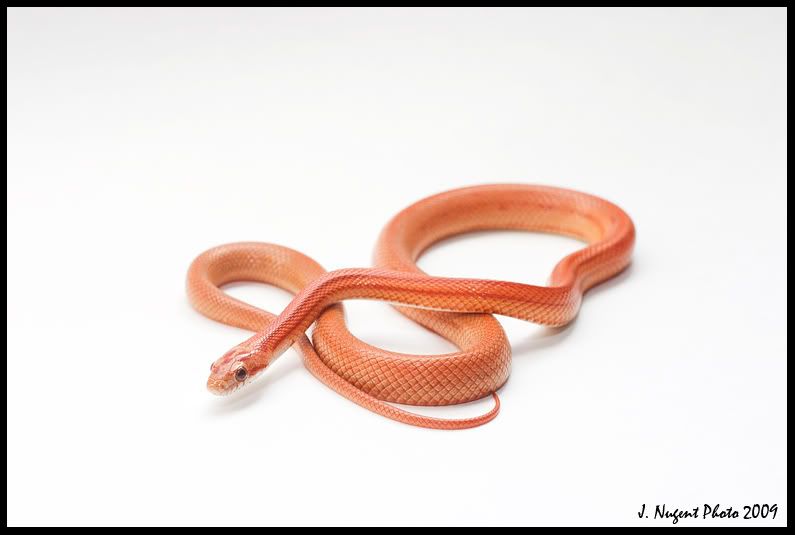Well, I've seen tons of the same question on this forum, other forums, been pm'd about this particular subject etc so I decided to address it in a post. I'm not sure if anyone has made something like this on here, but I felt the need to rant about something inconsequential and figured I'd share some of my experiences. If you don't like long posts or think I'm a total tool, that's fine. You don't even have to like my photography I'll show in the post. Just click "back" on your browser. I guess this will be my mini Photographers manifesto.
The number one question (or any variant of) that drives me nuts is, "What camera can I buy that will make me awesome pictures of (insert whatever here)..? The true answer is.. none. Let's face it, photography is an art and a science. If we could all just buy a camera and take amazing shots, we'd all be professional photographers. I'm not saying I'm an Ansel Adams, Nick Brandt or anything remotely like that. I never went to school of any kind for photography. I'm just a guy who happens to love taking pictures and spends some time behind a camera. Let's take a few shots from varying types of photography.
A shot of my wife, in an artsy, fashion kind of way

A wildlife type shot..

And one of my favorite corn snake shots..

This brings me back around to a variant of that old question I get a lot, "What kind of camera did you use to do that?" Would it matter if I said it was a Nikon D200, an $8000+ Canon 1ds Mk III with some $2000 L series glass on it or if I said an 8mp point and shoot? (Not that it matters but these were all snapped with a 6.3mp Canon 300D that's 5 years old.) Really, it could be any of the above because the equipment only really matters to a small extent if you don't know anything about the basic principles of photography or what constitutes a "good" photo. Is it the "bokeh" you got by choosing a certain aperture value? Is is clarity and color? Or does composition make you think of a good photo? How about lighting? My point being that any number of these variables can come together and either make or break a photo. So here's my personal viewpoints on how to get better photos, equipment completely aside in a step by step fashion.
Step 1- If you don't have a camera, buy something inexpensive to get you started. You can get plenty of 8 to 10mp+ point and shoots or non-SLR's for just a couple hundred $$ that will serve you well for quite a while. If you have a camera, stick with what you have. Most point and shoots manufactured in the last few years even give you some options for manual modes, shutter priority, aperture priority and the likes you can play with.
Step 2- Do some light reading. You can find tons of things on the internet as far as tutorials for FREE. I like Luminous Landscape, the Strobist and things like that. You can about everything from what your camera does, to advanced features, post processing, lighting, whatever and have a look at some amazing photos and techniques as you go along. Or go buy any number of well written photography books. Study what you consider to be amazing photos and hypothesize on how you think they achieved it. The idea here is to learn things like: What does Av, Tv, M, P and all these modes do? What does aperture value mean? What is the difference of ISO 100 vs. ISO 800? Learn some basic composition theory ie "the rule of thirds", when to use portrait vs. landscape orientations, etc. Maybe even dive into a little post processing such as using Photoshop. Photoshop is a whole different subject with me as I think some people nowadays overuse it to try and compensate for lack of being able to take a good photo in camera. Maybe just basics like level/curves, white balance/tone, and sharpening. Don't overwhelm yourself with this step, just try to learn some of the basic principles of photography and techniques to enhance on as you take more photos.
Step 3- Get out, apply what you've learned and take pictures. Lots of them. Hundreds of them, heck, thousands of them. It's a digital age and you don't have to pay for processing like when I started on film. You can even look in the viewfinder on your cam and see what your picture looks like instantly! Experiment with all your different settings on you camera and see what happens. When I started I took tons of photos with most of them being absolutely terrible. I mean, *terrible*. But I was having fun doing it and I was doing something constructive with my time which led to experimentation. (not in the college sense of the word) I started to think, what would happen if I did this? Or wouldn't it be cool if I tried this.. There comes a point where you will start to see a difference as you mess with things. You'll start to notice you're not taking so many bad pictures. Things are starting to come together.
Step 4- Now that you've got some semblance of an idea what's going in inside that camera of yours when you hit the shutter button alternate between steps 2 and 3 for a while longer. Read, shoot, read, shoot, repeat basically. Things will really be clicking now. Maybe you've noticed now you can use every feature on your camera, change the way your photos look by altering some of those settings and things like that. This is the point, and only at this point, where you've taken your point and shoot or beginner camera to it's limits and not only want, but need more from your camera that I recommend upgrading. Maybe an advanced point and shoot like a Canon G or S5is series, higher end Finepix with the 12x optical zoom and image stabilization, or even an entry level dSLR if you really want to go further. Go back to steps 2 and 3 and learn about your new camera, refresh on what you learned before and take tons of pictures again.
This is pretty much how it goes. A cycle of learning and applying what you learned. I'm not saying this is the be all, end all way to do things, but it worked for me. The whole point of all this is that there is no magic, easy way to take genuinely good photos. You can't just buy a camera one day, take 5 shots with it and win an International Photo Award or Pulitzer prize in photojournalism the next. If you really want to get better, you'll have to learn some things and practice. If you just want to post a decent photo on some forums of whatever it is you take a pic of, then just stick with a decent point and shoot and post away. No one will care. But the next time you see that 1 photo which just makes your draw drop, and you stop and stare wondering, "how did they do that??" as I often do just know that it's not instantaneous and it probably had little to do with what equipment they were shooting with.
Hopefully someone out there will get something out of this post. Mostly, it was just something I want to present to people as an option if they really want to take better photos. The other option is to go to school and study photography, but we can't all do that. Any feedback or criticism you have on my methodology or ideas, feel free to let me know. And enjoy..

